void main()
{
int i, n, count = 0;
printf("%d\n", i);
printf("%d\n", n);
while (count != 10)
{
printf("%d", i);
i++;
count++;
}
}
IF it is giving me some garbage value then how can be the same value be assigned to 'n' variable?
